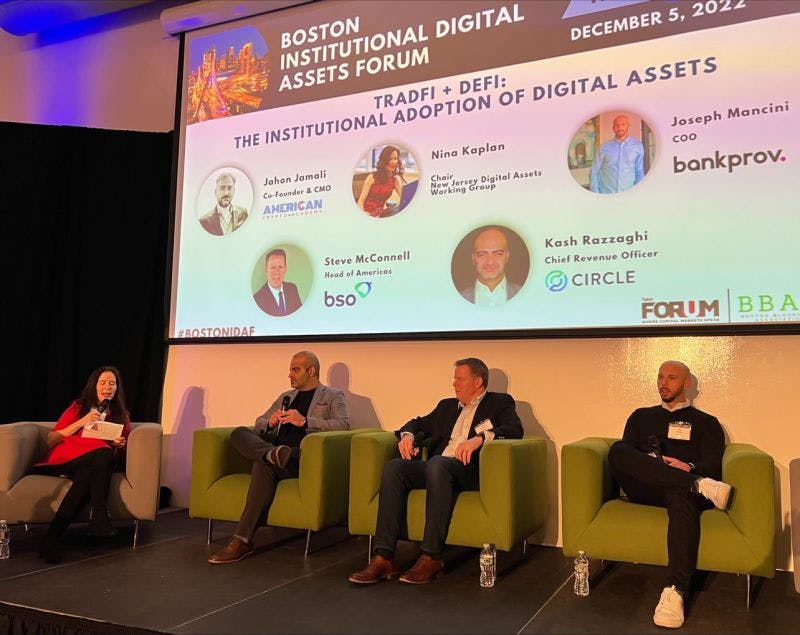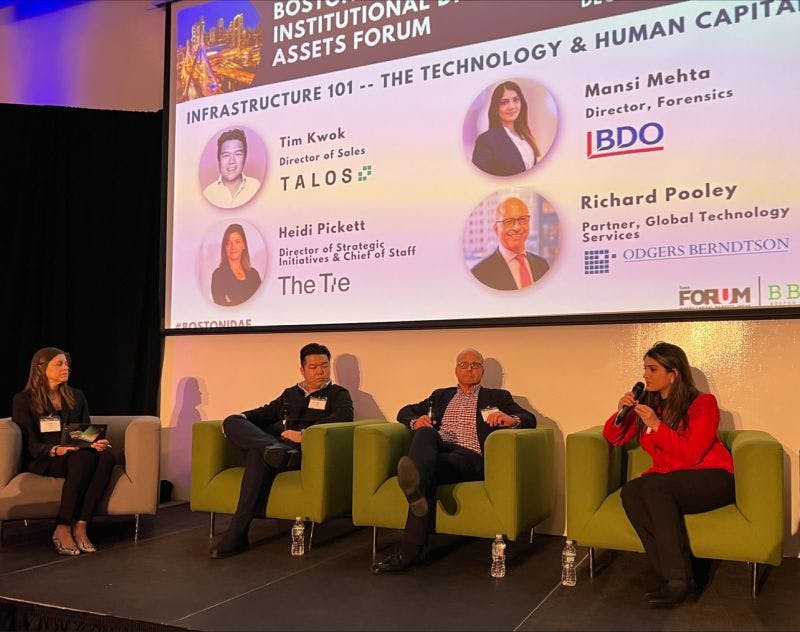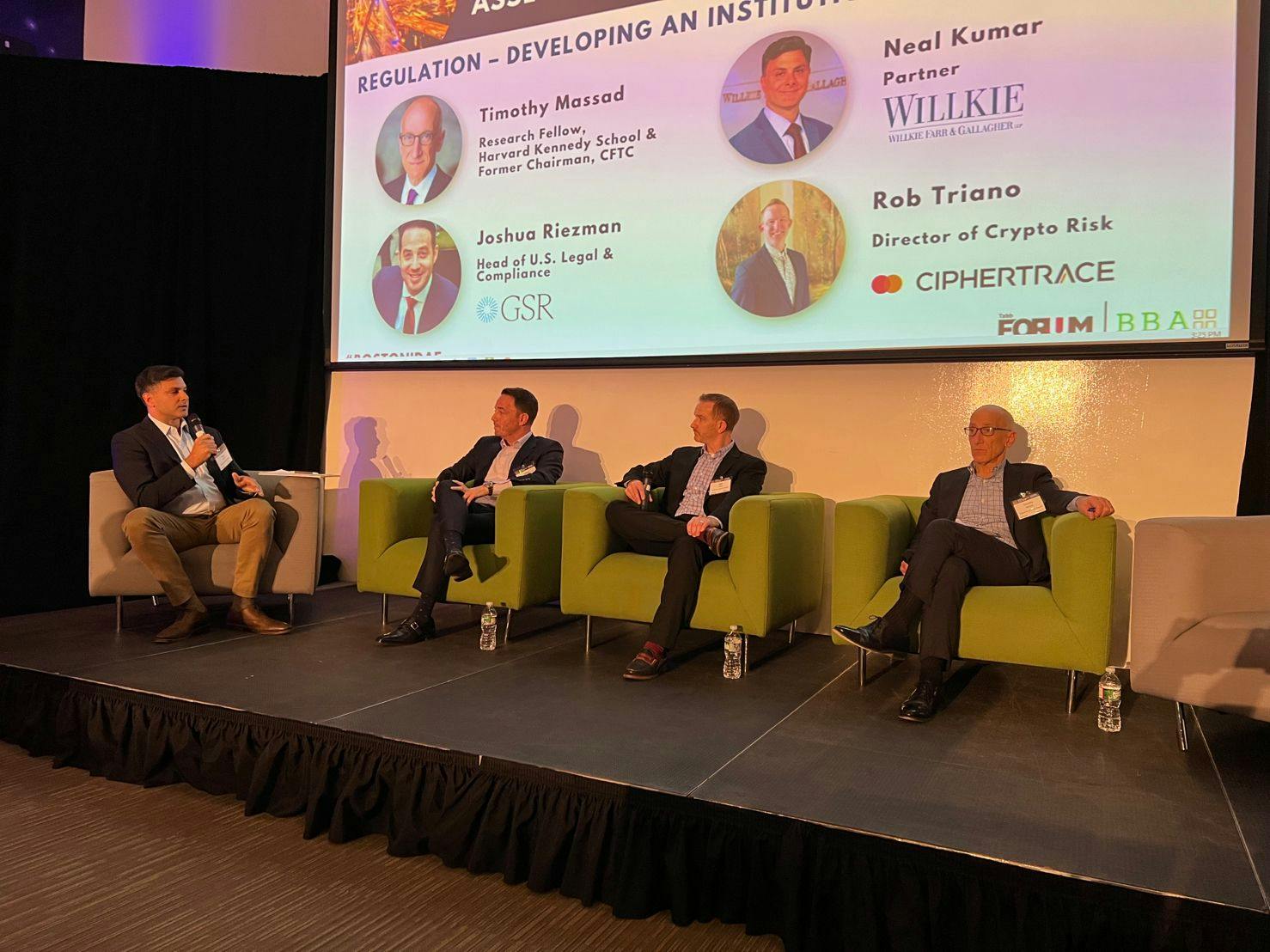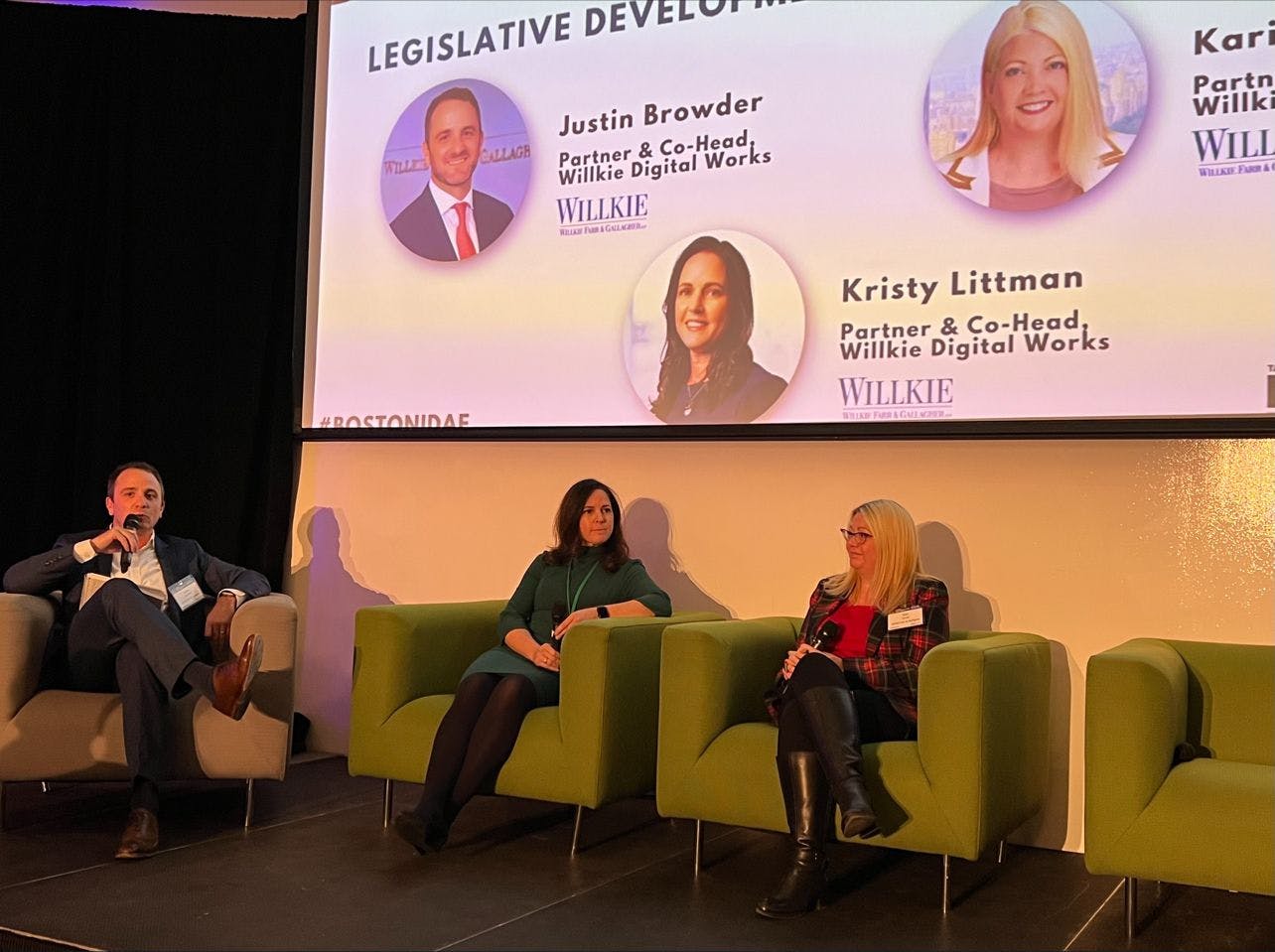Since getting involved with crypto a little over three years ago, much of my time has been spent trading relatively illiquid digital assets like micro-cap coins and NFT collections. While I have developed an edge in this trading style and found success with it, many argue that this is a gambling practice. For 90% of market participants, I tend to agree – a lack of understanding and highly speculative investing with poor risk assessment is a big problem that has permeated the crypto space and given it a bad reputation.
It is crucial to discuss how this industry can move forward to create awareness about what self-custody represents, emphasize the importance of proper security, and promote education on utilizing decentralized protocols and the associated risks. We should encourage due-diligence measures as more people and industries adopt blockchain technology to build and optimize services, focusing on user protection from unsafe practices and malicious actors.
I got a refreshing sense of what this looks like on Monday as I had the opportunity and privilege to attend the Boston Institutional Digital Assets Forum hosted by the Boston Blockchain Association. The summit was full of highly talented, brilliant, and enthusiastic individuals pioneering the growth and legitimacy of this new frontier of innovation we call Web3. Every institutional leader at the forum spoke about their work to pave a foundation of reliability and stability for the crypto space to thrive. The ideas discussed in each speaker panel showed me that there is much more hope than the tragic events of this year have portrayed.

During the institutional adoption panel, Kash Razzaghi, CRO of Circle, said he would give the crypto space an F in displaying and marketing use cases of the technology. He called attention to how mainstream businesses do not hear enough about blockchain real-world applications and value propositions. In the media, we see the well-known “Crypto bro in an attic” narrative clouding more consequential and constructive coverage like international relief efforts bypassing government scrutiny, Twitter supporting creator monetization through a crypto tipping mechanism, or large companies such as Spotify and Nike integrating with on-chain infrastructure.
Frankly, crypto culture does have a knack for being cult-like and naïve. When I surf NFT communities on Discord, micro-cap coin channels on Telegram, and crypto-twitter spaces, I frequently hear people claim that absolute decentralization is the only narrative that upholds the principles of Web3. Semantically, this may be true, but is pushing that agenda worth it? I shared those views until I witnessed the ramifications of Do Kwon’s algo-stablecoin and Sam Bankman-Fried’s house of cards. Thousands of lives were hurt, even ended, due to these incidents, which speaks volumes to how desperately many areas of this industry could use more government oversight and restriction.

Mansi Mehta, director of forensics at BDO, noted during the infrastructure panel that we repeatedly see failures not of blockchain or crypto technology but rather within corporate governance. She explained that traditional financial services could drastically improve by converging with their decentralized counterparts. The distributed immutable nature of a blockchain significantly reduces transaction friction and cost. Paired with the benefits of fractional ownership by tokenization, TradFi services like bonds, equities, and settlements could be transformed. However, institutions first need clarity on what would happen and how they could protect investors if something goes wrong.

On the regulatory panel, Timothy Massad, Research Fellow at Harvard, had concerns about another relevant issue. Crypto trading firms do not follow the standards of decades of security trading experience – they fail to protect customer assets, prevent fraud and manipulation, or promote operational security. He also said that while De-Fi protocols are exciting, there needs to be more effort to customize regulation to encourage decentralization and provide investor protection without just placing power into the hands of centralized entities. Regulatory responses should match each threat individually. This requires agencies to be willing to set standards incrementally and address things, like stablecoins and spot market trading, separately.
Joshua Riezman, head of legal and compliance at GSR, agreed with Tim and argued that not all issues in crypto are in the same bucket, nor should regulators treat them that way. An established regulatory regime must tailor to this new asset class. Joshua reported that the uncertainty of legislation around code (i.e., smart-contract-based protocols) bars institutions from entering the space and insisted that this lack of clarity puts the United States at a competitive disadvantage. As Kash later declared on his panel, the U.S. government cannot afford to ignore an industry moving at such a fast pace, and he thinks they know that.

On the legislative panel, former Chief of Crypto Assets at the SEC, Kristina Littman, and her partner Kari Larsen at Willkie, Farr & Gallagher, detailed that the Digital Commodities Consumer Protection Act (DCCPA) has paused in Congress. It had support, particularly from Sam Bankman-Fried, before the collapse of FTX. They added that the opacity and lack of operational filings by entities threaten the ability of lawmakers to evaluate, investigate, and act appropriately.
Lately, I have noticed a movement by exchanges to publicize proofs of reserves, which shows how much of their balances have absolute asset backing. It is a good step towards creating more transparency, clarity, and trust in this ecosystem. I hope investors, regulators, builders, and leaders continually work to emphasize those themes, as was admirably displayed at the summit on Monday.
Undoubtedly, regulation is a sensitive topic in Web3, and as a fellow crypto enthusiast, I have struggled to accept its place. It is a delicate balance to preserve the ethos of Web3 under any legislative framework. However, we know it is needed if institutions are to embrace and innovate with technology like blockchain and De-Fi protocols. By attending the BostonIDAF, I realized that so many people are meticulously working to develop the regulation and infrastructure of digital assets for institutional adoption, user protection, and a promising decentralized web. I believe they can do this well, and I am here to support them with my voice.
Thank you so much for taking the time to read this.
Authored by Cameron Langenhagen